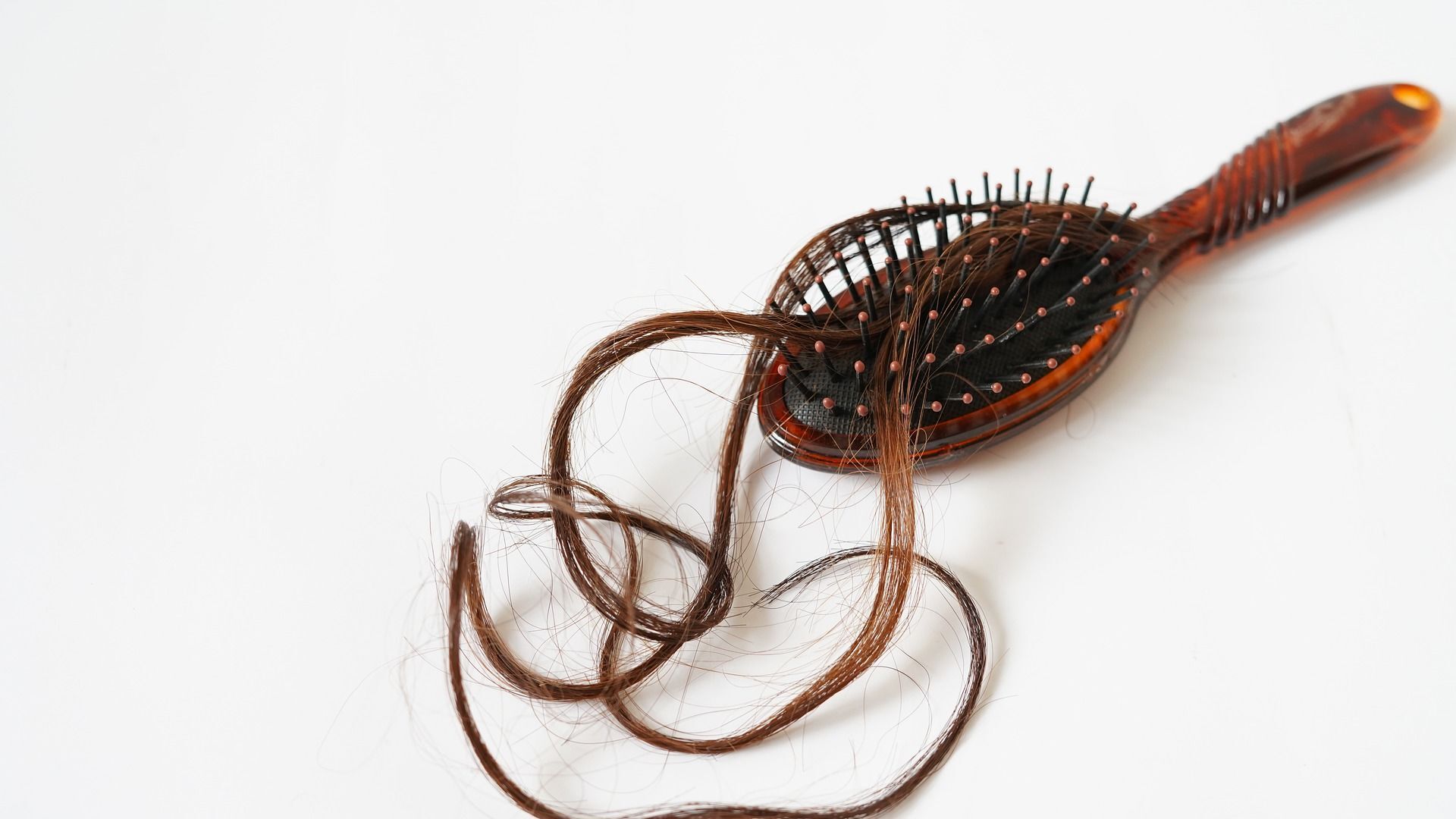https://sputnikglobe.com/20210916/human-hair-as-pet-food-indian-scientists-develop-unique-way-to-use-keratin-waste-1089125827.html
Human Hair as Pet Food? Indian Scientists Develop Unique Way to Use Keratin Waste
Human Hair as Pet Food? Indian Scientists Develop Unique Way to Use Keratin Waste
Sputnik International
According to scientists, the current methods of keratin waste conversions are energy-intensive, chemically hazardous, and expensive. However, a recently... 16.09.2021, Sputnik International
2021-09-16T23:05+0000
2021-09-16T23:05+0000
2023-04-21T10:42+0000
pets
hair
human
science & tech
https://cdn1.img.sputnikglobe.com/img/07e5/07/1d/1083486800_0:0:1920:1080_1920x0_80_0_0_87a3b284a52fd6e7f7e63463380a9990.jpg
To minimise the hazardous impact of keratin waste on the environment, a team of Indian scientists led by Professor A. B. Pandit, Vice-Chancellor, Institute of Chemical Technology Mumbai, has come up with a unique solution to convert hair into fertilisers, pet, and animal feed. Every year, about 300,000 tonnes of human hair is generated as waste in India, as per media reports. Although it is biodegradable, uncontrolled disposal can lead to clogging and other serious environmental issues. The team of scientists used advanced oxidation and converted the waste to marketable fertilisers and animal feed. The most important part of the whole process is the pre-treatment followed by hydrolysis of keratin using a technique called Hydrodynamic Cavitation. Currently, the scientists are working in collaboration with Revoltech Technologies Private Limited, Gujarat, to develop this patented solution for large-scale implementation.
Sputnik International
feedback@sputniknews.com
+74956456601
MIA „Rossiya Segodnya“
2021
Sushmita Panda
https://cdn1.img.sputnikglobe.com/img/07e5/05/12/1082926186_0:0:2048:2048_100x100_80_0_0_4474d0d7e27a36878eb8727832be74b4.jpg
Sushmita Panda
https://cdn1.img.sputnikglobe.com/img/07e5/05/12/1082926186_0:0:2048:2048_100x100_80_0_0_4474d0d7e27a36878eb8727832be74b4.jpg
News
en_EN
Sputnik International
feedback@sputniknews.com
+74956456601
MIA „Rossiya Segodnya“
Sputnik International
feedback@sputniknews.com
+74956456601
MIA „Rossiya Segodnya“
Sushmita Panda
https://cdn1.img.sputnikglobe.com/img/07e5/05/12/1082926186_0:0:2048:2048_100x100_80_0_0_4474d0d7e27a36878eb8727832be74b4.jpg
pets, hair, human, science & tech
pets, hair, human, science & tech
Human Hair as Pet Food? Indian Scientists Develop Unique Way to Use Keratin Waste
23:05 GMT 16.09.2021 (Updated: 10:42 GMT 21.04.2023) According to scientists, the current methods of keratin waste conversions are energy-intensive, chemically hazardous, and expensive. However, a recently developed alternative technique is three times cheaper and environmentally friendly.
To minimise the hazardous impact of keratin waste on the environment, a team of Indian scientists led by Professor A. B. Pandit, Vice-Chancellor, Institute of Chemical Technology Mumbai, has come up with a unique solution to convert hair into fertilisers, pet, and animal feed.
Every year, about 300,000 tonnes of human hair is generated as waste in India, as per media reports.
Although it is biodegradable, uncontrolled disposal can lead to clogging and other serious environmental issues.
"India generates a huge amount of human hair, poultry feather waste, and wool waste each year. These wastes are dumped, buried, used for landfilling, or incinerated, increasing environmental hazards, pollution, and threat to public health and increasing greenhouse gas emissions. These wastes are inexpensive sources of amino acids and protein, underlining their potential to be used as animal feed and fertilizer," the Indian Ministry of Science and Technology said in a statement on Thursday.
The team of scientists used advanced oxidation and converted the waste to marketable fertilisers and animal feed. The most important part of the whole process is the pre-treatment followed by hydrolysis of keratin using a technique called Hydrodynamic Cavitation.
Currently, the scientists are working in collaboration with Revoltech Technologies Private Limited, Gujarat, to develop this patented solution for large-scale implementation.


